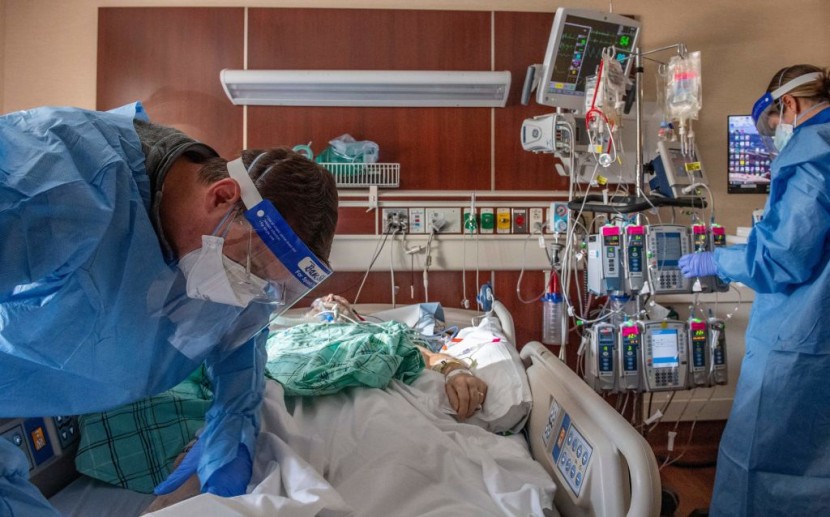
The Biden administration seeks to boost the number of COVID-19 patients treated with Pfizer's Paxlovid medicine as hundreds of people in the United States die from the COVID-19 each day.
The federal government will double the number of locations where Paxlovid is offered, according to White House officials, because the drug has been underutilized in fighting the pandemic.
Around 40,000 pharmacies, community health centers, hospitals, urgent care centers, and Veterans Affairs clinics will be among the venues, NBC News reported.
According to the White House, as many as 10,000 sites might begin carrying the medicine as early as this week. One senior administration official claimed that there are "some folks who could have benefited from these medications." Hence, the government "can save more lives by getting this medication to more people."
For weeks, authorities have been frustrated by the drug's minimal usage, claiming that many doctors and patients are likely unaware that it is widely available after months of shortage in supply.
Patients have received almost 500,000 courses of medication so far, with the number of weekly prescriptions granted doubling since last month to 55,000 every week, according to a top administration official. Still, more patients may benefit from the treatment, according to the official.
After tests revealed that a five-day course lowered patients' risk of hospitalization and death by 89%, the Food and Drug Administration authorized the drug in December for emergency use in high-risk people and kids over the age of 12 who screened positive. The medication would be available to about 60% of adults infected by the COVID-19 virus.
US Might Lose COVID-19 Treatments Due to Funding Problems
America has been first in line for COVID-19 vaccinations and medicines for the past two years. Now, as drug manufacturers work on the next generation of treatments, the White House is warning that unless Congress acts quickly, the United States will be forced to fall in line.
Officials in the Biden administration are increasingly concerned that the United States is missing out on crucial ways of obtaining booster doses and new antiviral pills that could help the country sustain its recovery amid the threats of new variants and case surges, per US News.
The White House said Japan, Vietnam, the Philippines, and Hong Kong have all made orders for medicines and vaccine doses that the US cannot yet commit to. Officials said the US has yet to place an advance order, which would let the manufacturers expand capacity to mass-produce the drug due to funding delays.
'Superspreading' Is Still Possible
Meanwhile, medical experts say that, despite being regarded as drivers of COVID-19 infection, "superspreading" events are now a minor issue, according to CNN.
"Superspreading" is defined as an incident in which a large number of people become infected, most often as a result of more than one sick person on occasion.
According to estimates from the Centers for Disease Control and Prevention (CDC), approximately 95% of Americans 16 and older developed antibodies against COVID-19 as of December, the most recent data available.
Current vaccinations are more successful at preventing severe COVID-19 infection, which can result in hospitalization or death, and they also provide some immunity in the first place.
Furthermore, according to the CDC, keeping the COVID-19 vaccine up to date can reduce the chance of the virus spreading to others and boost immunity to new variants.
Dr. Georges Benjamin, executive director of the American Public Health Association, however, said that despite the improved situation in the pandemic, superspreading can still happen.
"They're definitely going to be one of the patterns we're going to see for some time to come from the disease, as long as we still have a variant out there that's highly infectious and a variety of people in various stages of immune protection," he said.
Related Article : USA, China, India Spend the Most as Global Military Expenses Reach $2 Trillion Mark; Russia Increases Budget Before War
© 2026 HNGN, All rights reserved. Do not reproduce without permission.








